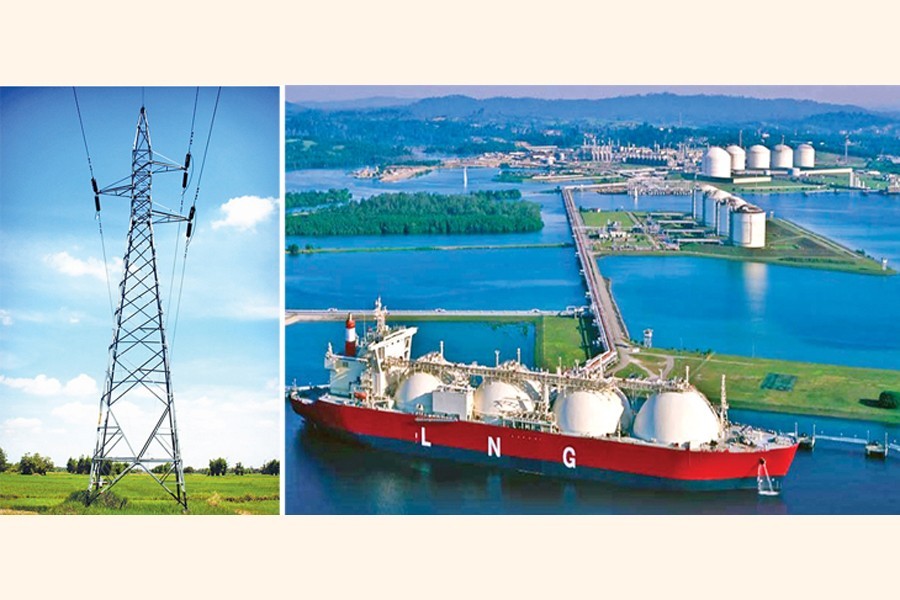The government is planning to create a sovereign fund amounting to US$ 2.0 billion by this year to finance infrastructure development in the power and energy sector.
Principal Coordinator for Sustainable Development Goals (SDGs) Affairs of Prime Minister's Office (PMO) Abul Kalam Azad disclosed this while speaking at a seminar in the city on Friday.
Speaking on the challenges to be encountered while mobilising an estimated $60 billion for producing 40 gigawatts (GW) of power by 2030, he said the government is contemplating all possible options for the required power-mix and fund-mix for it.
"A sovereign fund of $ 2.0 billion is going to be set up this year," he told the seminar titled 'Power & energy; funding the way to sustainable growth' at a convention centre in Dhaka.
Ministry of Power, Energy and Mineral Resources organised the seminar as part of its three-daylong Power and Energy Week 2018.
Managing Director of Boston Consulting Group (BCG) Ferdinand Varga moderated the function, where a number of local and overseas investors were present.
Mentioning various initiatives of the government to achieve the targets in the sector, Mr. Azad said the government projected the power-mix with 35 per cent power coming from gas and coal each, and formulated policy accordingly.
Calling upon the multilateral donor agencies and development partners to pour their investment into the power and energy sector, he said the sector never failed in paying dues to the private sector, which contributes 45 per cent of the country's total power generation.
Mr Azad, at the same time, said the country achieved significant progress in terms of ensuring transparency, providing favourable regulatory framework, and improving efficiency in the sector over the years.
"There are 127 power plants running in the country, and most of them are operated by local people," he added.
Muhammad Aziz Khan, Chairman of Summit Corporation, said the country is moving towards a paradigm shift with inclusion of various options like LNG (liquefied natural gas), nuclear power and renewable sources in the next 10 years.
"The country needs low-cost and long-term financing for fulfilling the target."
The chairman of Summit, which has invested $ 1.5 billion in the sector, termed ensuring efficiency as one of the major challenges for the nation in the area in the coming years.
"The country will import more in the next 10-12 years to achieve the target. So, efficiency in import is vital, especially in how we purchase LNG and coal."
Mr Khan emphasised formulating a new import policy for the sector to sustain and further accelerate the growth of national economy.
Wendy Werner, International Finance Corporation (IFC) Country Manager for Bangladesh, Bhutan and Nepal, said IFC invested $ 800 million in Bangladesh over the span of last five years.
Besides improving efficiency, she suggested improving power transmission and distribution system alongside service system in the coming years by investing a part of the total investment for it.
Senior Vice President of S K Gas Kim Yong Bum cited four challenges that Bangladesh needs to address. The challenges, according to him, are wide-scale infrastructure, logistic supply cost, fuel efficiency and diversification.
The high official of the South Korean petrochemical giant also suggested importing advanced technologies like other developed and developing economies to ensure maximum use of resources.
Girish Gelli, director of international business of Mytrah Energy, hailed Bangladesh government for taking proactive steps for promoting renewable energy in the power-mix.
He focused on supporting and improving the pricing of renewable energy alongside strong regulatory framework.
Neil Menzies, President of Chevron Bangladesh, Richard Reisig, Head of Gas to Power, Siemens, and Mamun Rashid, managing partner of PwC (PricewaterhouseCoopers), also spoke at the seminar.


